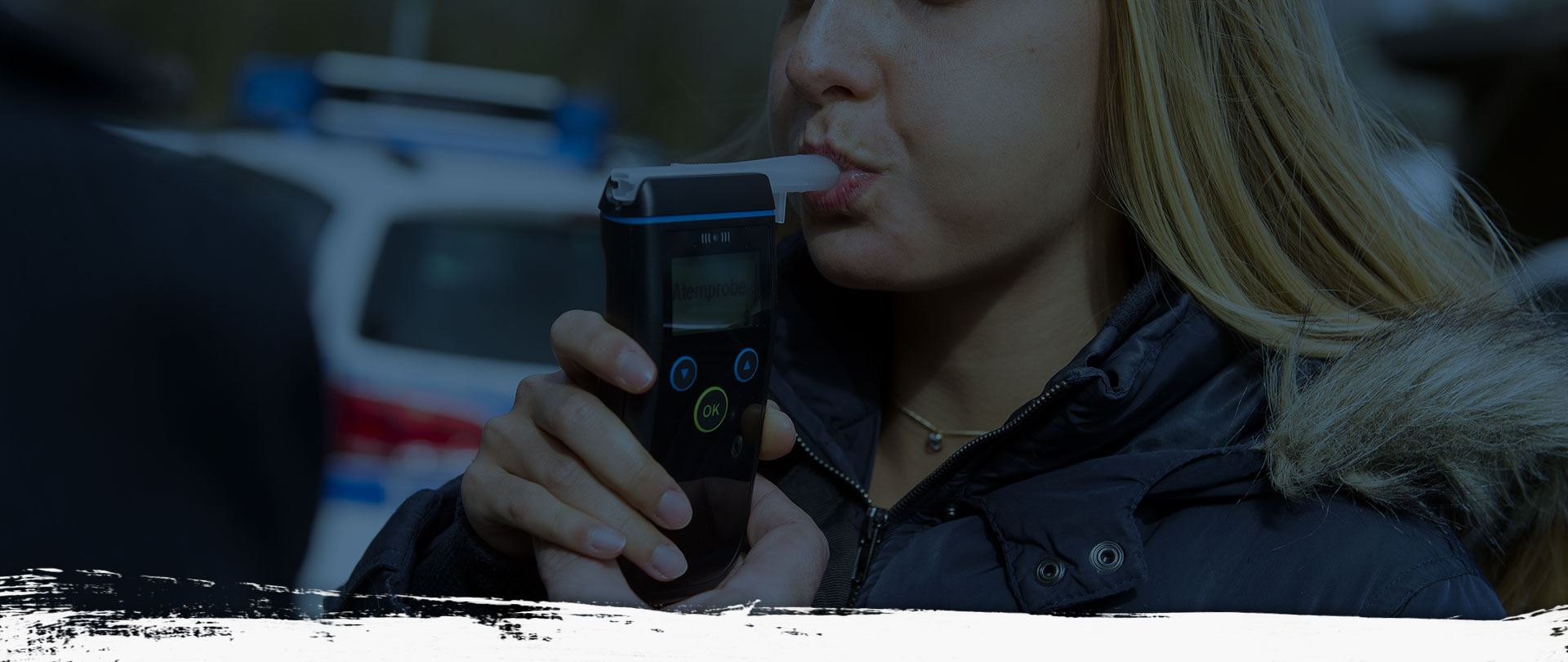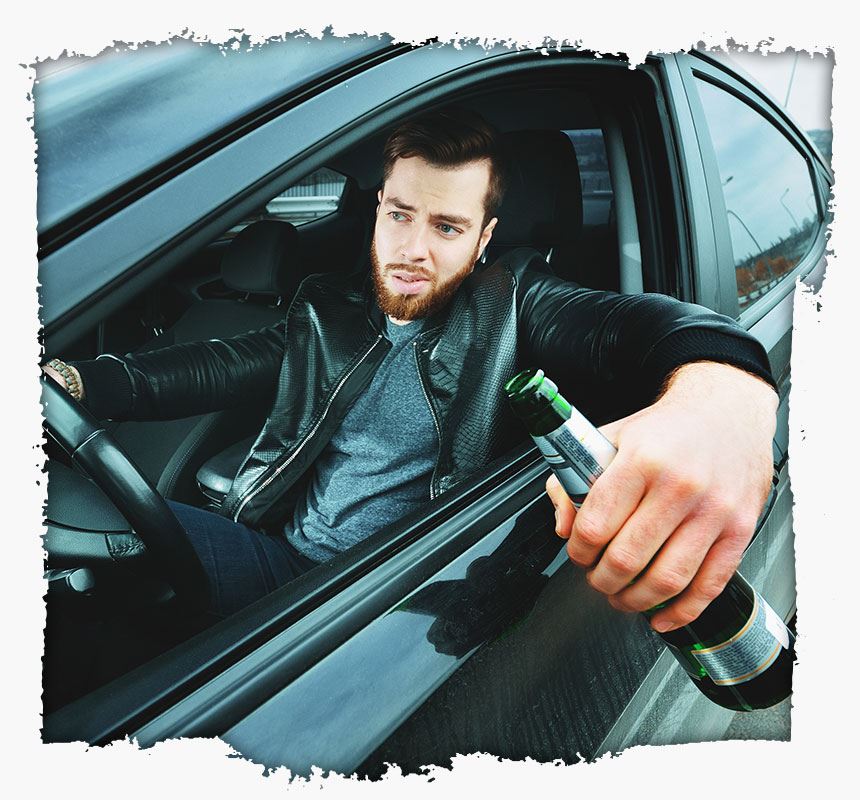
Fighting for You
Talons of Justice
Fort Worth Field Sobriety Tests Lawyer
Understanding Texas Implied Consent Laws for FSTs
Field sobriety tests (FSTs) are not covered by Texas implied consent laws. Implied consent typically applies to chemical tests, such as breath, blood, or urine tests, used to determine a person's blood alcohol concentration (BAC) or the presence of drugs.
Field sobriety tests, on the other hand, are physical tests that law enforcement officers use to assess a person's coordination, balance, and cognitive abilities to determine if they may be impaired. These tests are typically administered at the scene of a traffic stop or a suspected DWI situation.
In Texas, you do have the right to refuse to perform field sobriety tests without facing the administrative penalties associated with refusing chemical tests under implied consent laws. However, it's important to note that refusing FSTs does not prevent an officer from making an arrest if they have other probable cause or evidence of impairment.
Need a DWI defense attorney in Fort Worth? Call our firm at (817) 440-3953 or fill out an online contact form to schedule your free initial consultation today.
What Happens If You Refuse a Field Sobriety Test?
If a police officer pulls you over and wants to conduct tests for drunk driving, it often means he or she witnessed you driving erratically and has reasonable suspicion that you were driving while intoxicated.
The officer wants to gain probable cause of this suspicion, which they need to have to arrest you and administer the real chemical tests down at the police station (you do need to take these chemical tests if you don’t want to risk your license being suspended).
Even though it is your right to do so, refusing to perform field sobriety tests may impact the officer's assessment of your condition. Law enforcement officials could rely on other evidence, such as observed behavior or other indicators, to establish probable cause for an arrest and take you to the station to conduct chemical tests. If you haven’t had anything to drink, acquiescing to the tests may save you the hassle of going down to the police station.
However, if you are unsure whether your BAC is above the legal limit, the safest bet is usually refusing the field sobriety tests. It is easier for your Fort Worth DWI attorney to combat one potentially faulty chemical test before a jury than results of both chemical and field sobriety tests combined.
To learn more about your rights or to discuss your case with a DWI attorney in Fort Worth, contact Bryan Wilson, the Texas Law Hawk today at (817) 440-3953.
WHY HIRE BRYAN WILSON, THE TEXAS LAW HAWK?
-
Focused
Aggression Bryan is a fierce advocate for his clients. -
Award
Winning Bryan’s peers recognize him as a top attorney year after year. -
Free
Consultations Every initial conversation is free - no cost, no obligation. -
Ready
to Fight Contact his office anytime, day or night.
Types of Field Sobriety Tests
There are three main types of field-sobriety tests: the horizontal-gaze nystagmus, the one-leg stand, and the walk-and-turn. Remember that officers often wear body-cameras or have a camera mounted in their vehicle when conducting these tests.
- Horizontal-Gaze Nystagmus: This is also known as the pen test. The officer holds a pen or small flashlight in front of you and asks you to follow its movements with your eyes. The officer is looking for abnormal nystagmus—uncontrolled and repetitive eye movements. The officer then determines, based on his or her expertise, whether you passed the test. There is no second opinion or recording of your actual eye-movements, just the officer’s word that you failed.
- One-Leg Stand: The name is self-explanatory. In this test, the officer asks you to stand on one leg and count to thirty. High heels, wind, unstable ground, shivering from cold, or simply poor balance could affect your ability to accurately perform this test, even if you are sober.
- Walk-and-Turn: Again, if the officer asks you to exit your car, you must do so. If he asks you to walk in a straight line with feet touching heel-to-toe, then to turn on one foot and repeat, this is not mandatory. Often, this test is conducted in a location where the officer vehicle camera is recording the suspect and, like the one-leg stand, it can be difficult to accurately perform the test for various reasons. Feel free to save yourself the embarrassing footage and politely refuse.

Non-Standard Field Sobriety Tests
Some non-standard field sobriety tests may include:
- Counting the officer’s fingers
- Stating the alphabet backward
- Tipping head backward while feet are positioned together
- Touching finger to nose while eyes are shut
- Leaning backward with arms outstretched
If some of these “tests” sound ridiculous, it’s because they are. Often, cops are doing anything they can to arrest you for DWI. It is important that you remember you do not have to take these tests.
Instead, you may state that you will not answer any questions without a lawyer, but you are not resisting. This establishes that you are asserting your right to remain silent while informing the officer that there will not be an altercation.
Bryan Wilson, The Texas Law Hawk is well-versed in field sobriety tests and ready to defend you against DWI charges in court. Fort Worth DWI defense lawyer, Bryan Wilson uses his in-depth legal knowledge and extensive experience to aggressively advocate for you.
Call (817) 440-3953 today for a free consultation.


